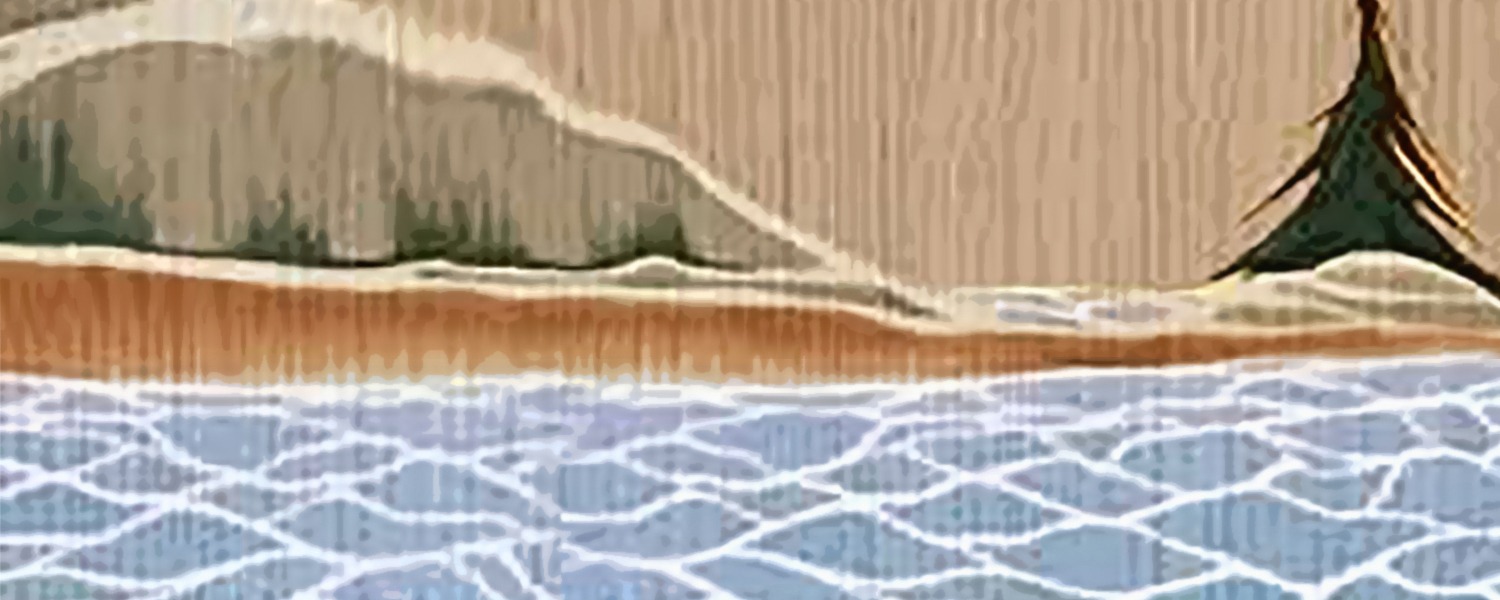Should Toronto be put under third party management? That community ran a deficit for years, and the combined total of all government spending (federal, provincial and municipal) is $24,000 a year for each Torontonian.
Attawapiskat, on the other hand, which is funded in federal funds mostly by only one level of government — federal – received $17.6 million in this fiscal year, for all of the programs and infrastructure for its 1,550 residents. That works out to about $11,355 per capita in Attawapiskat.
People often forget, when talking about costs of delivering programs and services to First Nations, that almost all those costs are paid from one pot: Aboriginal Affairs. By contrast, non-Aboriginal Canadians receive services from at least three levels of government.
Here are the total expenditures per capita per level of government for Toronto residents in 2010:
- The 2010 federal budget expenditures were $280 billion or about $9,300 for each Canadian
- The 2010 Ontario budget is $123 billion in expenditures or about $9,500 for each Ontario resident
- The 2010 Toronto budget is $13 billion, or $5,200 for each Toronto resident
- That’s a grand total of $24,000 per Torontonian.
Some additional points to consider:
Indian Affairs (now Aboriginal Affairs and Northern Development Canada, or AANDC) has capped expenditure increases for First Nations at two percent a year since 1996. Yet:
- The Aboriginal population has been growing at a rate closer to four percent a year, so per capita support is falling behind.
- In that same period, the number of staff hired at AANDC has almost doubled, from 3,300 in 1995 to 5,150 in 2010. (Source: Indian Affairs)
- Those salaries plus consultants fees for people like third-party managers come from the program dollars that should go to First Nations.
- Consultants (including lawyers and accountants) receive 1,500 contracts per year from AANDC, worth about $125 million. (This does not include fees that First Nations pay directly using sources other than AANDC funding). (Source: Toronto Star)
- One of these sets of fees, taken away from other AANDC budgeting and provided instead to consultants, is the payment for third-party managers.
- Another recent and publicly disclosed example of third-party-manager fees is those being paid for Barriere Lake. When the community took political action on some of its issues, Canada imposed third-party management. The accounting firm is paid $600,000 per year, according to Indian Affairs Records. (Source: Toronto Star).
- Almost every time a First Nation goes into third-party management, it comes out with as much debt as it had going in — or more. This is a good indicator that the problem is not fiscal mismanagement, it’s the insufficiency of resources to deliver the programs needed.(Source: what we hear and see from our own clients)
- Each First Nation has to file, on average, 160 reports per year to AANDC. The Auditor General says the problem is not under-reporting, its over-reporting (because of the resources and administration needed to service AANDC’s bureaucratic requirements).(Source: Federal Auditor General)
- Costs of living in northern Aboriginal communities are considerably higher than costs in the rest of Canada. A bag of apples in Pikangikum is $7.65 (versus the Canadian average of $2.95) and a loaf of bread in Sandy Lake costs $4.17 (versus the Canadian average of $2.43). (Source: Canadian Association of Foodbanks). In Attawapiskat, 6 apples and 4 small bottles of juice currently costs $23.50 (Source: CBC).
Lorraine Y. Land is a partner with OLTHUIS, KLEER, TOWNSHEND, LLP, in Toronto.
Related Posts

Madawaska First Nation Wins Casino Revenue Sharing Case
Madawaska First Nation is celebrating a win in its legal challenge of New Brunswick’s refusal to share casino revenue with the First Nation. The New Brunswick Court of Appeal released…
Read More...
Respect and Responsibility: Integrating Indigenous Rights and Private Land Conservation in Canada
This post contains the executive summary of a new report, Respect and Responsibility: Integrating Indigenous Rights and Private Conservation in Canada.
To download the full report, please click here.
To…
Read More...
Saugeen Ojibway Nation Trial Coming to An End
SAUGEEN OJIBWAY NATION TRIAL COMING TO AN END FOR IMMEDIATE RELEASE: October 16, 2020
Click here for a PDF version of this Press Release
Closing arguments are set to…
Read More...
